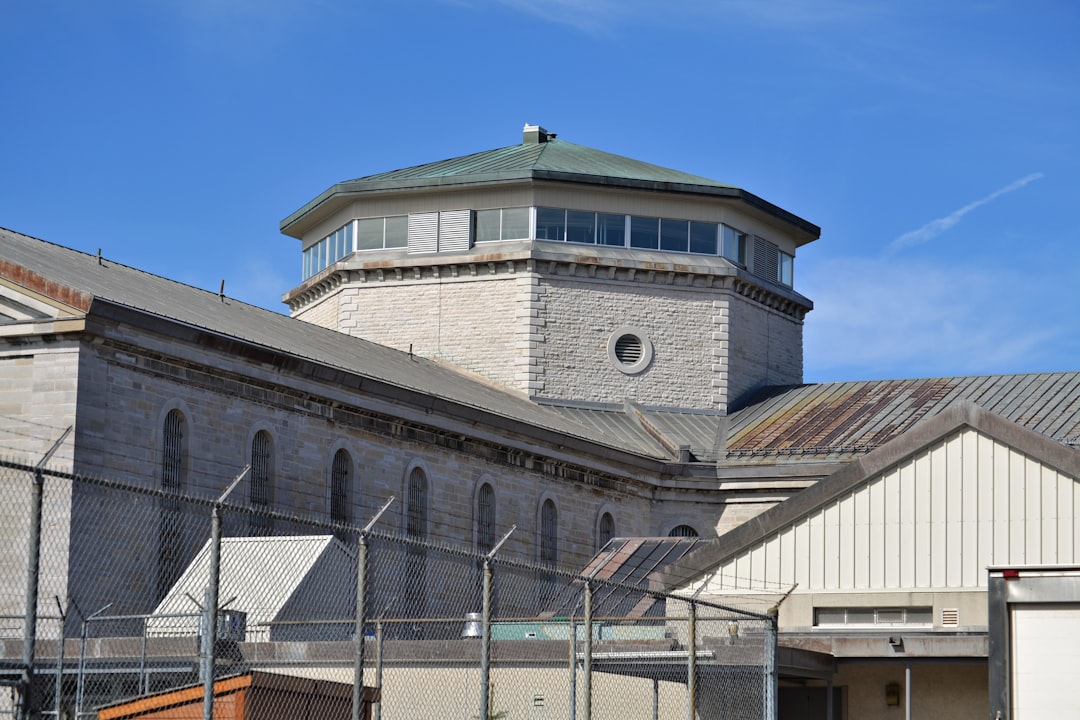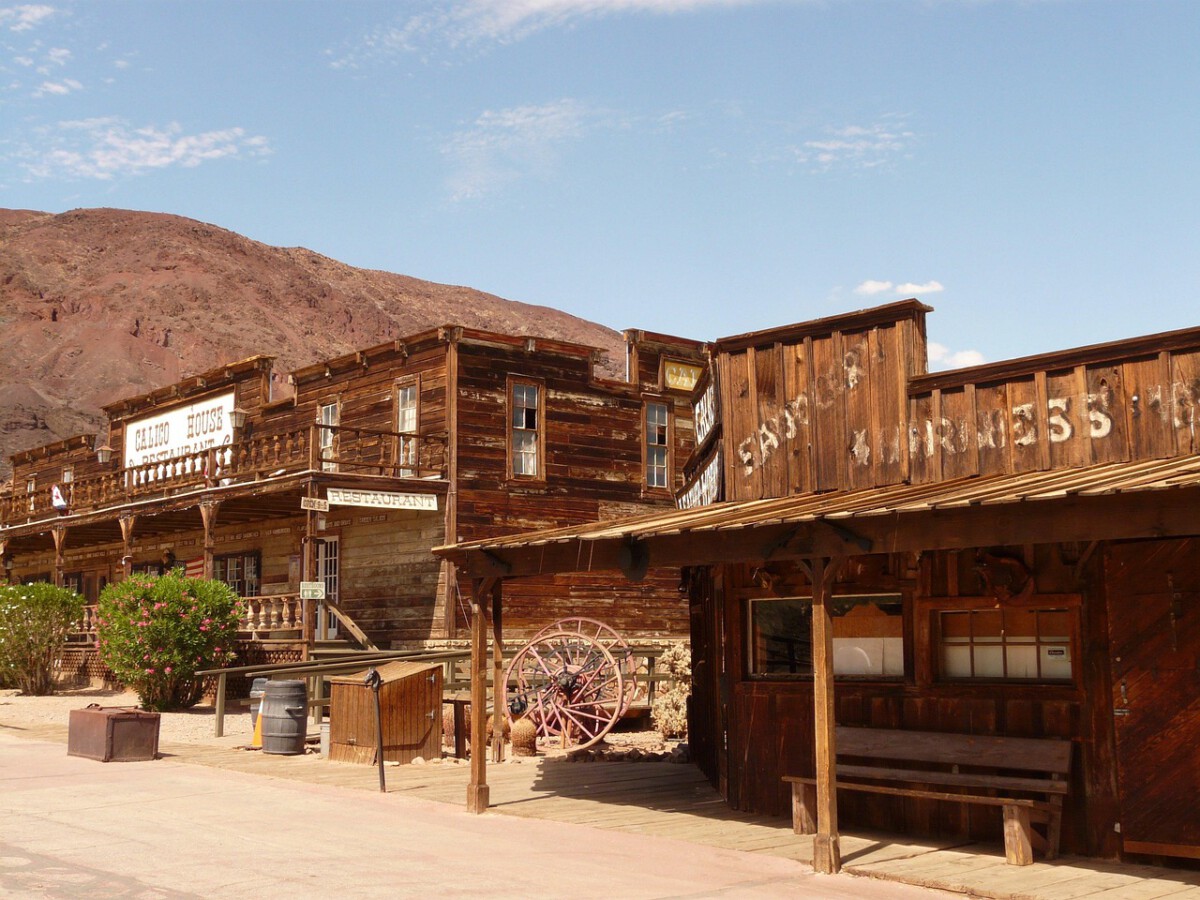A Death Behind Bars Changes Everything (Image Credits: Unsplash)
Under a heavy autumn sky, families stand at prison gates, clutching paperwork that feels heavier than grief itself.
A Death Behind Bars Changes Everything
Imagine getting that call in the middle of the night. Your loved one, locked away for years, has passed. Relief mixes with sorrow, but then comes the twist. Prisons don’t just hand over remains; they wrap the process in rules that test even the strongest wills.
This isn’t rare. Across the U.S., thousands die in custody each year. Yet, for families, the real ordeal starts after the heartbeat stops. Policies vary by state, turning a natural farewell into a maze of forms and fees.
One startling fact hits hard: many prisons hold bodies for days or weeks, waiting for claims. That delay? It amplifies pain, forcing families to juggle jobs, travel, and tears all at once.
The Money Trap No One Sees Coming
Grief already drains the wallet, but prison deaths pile on costs. Families often foot bills for transport, autopsies, even basic storage. In California, for instance, relatives might shell out over $1,800 just for cremation and shipping ashes.
Why so steep? Private contractors handle the logistics, and prisons pass the tab along. Low-income families, common among those with incarcerated loved ones, get hit hardest. Some can’t afford it, leading to unclaimed bodies buried in potter’s fields.
Still, small victories emerge. Advocacy groups push for state-covered basics, arguing dignity shouldn’t depend on dollars.
Navigating the Paperwork Maze
Claiming a body means proving you’re next of kin. Sounds simple? Not when prisons demand death certificates, IDs, and affidavits overnight. Delays in processing can mean remains decompose while families wait.
Logistics add chaos. Rural prisons mean long drives or flights. During COVID, backlogs worsened, leaving families in limbo for months. One mother waited 90 days for her son’s ashes, each day eroding her peace.
However, resources exist. Legal aid hotlines guide through the steps, turning confusion into clarity one form at a time.
Real Stories That Break Your Heart
Take Maria from Texas. Her brother died of an illness untreated inside. She drove 300 miles, only to learn she needed a lawyer’s notarized letter. By the time she returned, the prison had already arranged a pauper’s burial.
Or consider Jamal’s family in New York. They scraped together funds for a proper funeral, but prison rules barred personal belongings from release without extra fees. Simple items like photos became luxuries.
These tales repeat nationwide. The Marshall Project highlighted similar struggles just this year, showing how policies ignore human bonds.
Why Policies Lag Behind Compassion
Prisons focus on security, not sentiment. Rules stem from old laws prioritizing costs over closure. Yet, as populations age behind bars, deaths rise – over 4,000 annually, per recent reports.
Reform whispers grow louder. Groups like the Prison Policy Initiative call for standardized protocols: free basic transport, faster notifications, cultural sensitivity for religious rites.
Progress happens slowly. States like South Carolina now allow inmates to attend funerals under guard, hinting at broader empathy.
Steps Families Can Take Today
Start informed. Contact the prison’s family liaison right away for exact procedures. Nonprofits like the Osborne Association offer free checklists tailored to your state.
Build a support network. Lawyers pro bono help with disputes, while online forums share tips from others who’ve walked this path.
Finally, document everything. Photos of paperwork, call logs – they prove invaluable if challenges arise.
- Verify next-of-kin status early with a will or legal docs.
- Seek financial aid from prisoner rights groups.
- Plan for cultural or religious needs in advance.
- Connect with bereavement support hotlines.
- Advocate locally for policy tweaks.
Key Takeaways
- Prison deaths trigger hidden fees and delays that deepen family trauma.
- State variations mean preparation is key – know your local rules.
- Advocacy is rising, offering hope for fairer systems ahead.
In the end, these battles remind us that freedom’s shadow lingers long after release. True justice means honoring the dead with respect, no strings attached. What experiences have you seen or shared in this tough journey? Drop your thoughts in the comments below.






